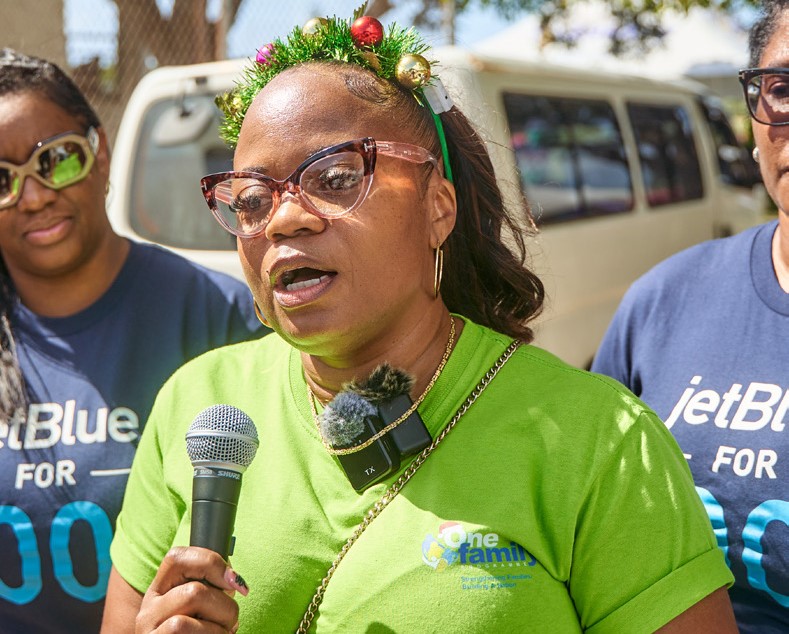The reports are worryingly scant, but it appears as if the United States carried out an extrajudicial killing masked as a unilateral military action, taken when no rules of engagement, declaration of war or due process can be discerned.
In the social media era of the performative as message, the destruction of a fast boat carrying 11 people will be celebrated as a necessary effort by the United States to send an unmistakable message to Latin American drug cartels, notably the violent Tren de Aragua gang out of Venezuela—if this can be proved.
But Trump himself ordered the “strike”. “There was massive amounts of drugs coming into our country to kill a lot of people, and everybody fully understands that,” Trump told journalists at the White House. “Obviously, they won’t be doing it again. And I think a lot of other people won’t be doing it again. When they watch that tape, they’re going to say, ‘Let’s not do this’.”
Killing them, according to Trump, was preferable to the standard interdiction of the vessel, the capture of those on board, and the confiscation and verification of drugs as evidence.
To Trump, the strike would cause drug smugglers to think twice about trying to move drugs into the US. Who knows? He may indeed be right, just as the promoters of capital punishment have insisted that execution deters murder.
But in a region that has declared itself a zone of peace, the United States Navy, on orders from its commander-in-chief, carried out a military attack on a vessel that killed all 11 souls on board.
Television viewers were treated to the remote, video-game style aerial images of a blinding flash on a speeding boat – at least 1 200 to 1 300 miles (1 930 to 2 090 kilometres) from the US mainland.
But there is no military exigency that demands this kind of violence in international law. Merely declaring men on a boat a drug-dealing gang of “terrorists” does not warrant blowing them out of the water. Clearly, the United States feels emboldened to do in the southern Caribbean what it has never done against Somali pirates who use rocket-propelled grenades and assault weapons on shipping in the Gulf of Aden, for example. We doubt it would have blown up a drug-laden truck in neighbouring Mexico. But could this attack set a new precedent?
There is perhaps no place where international law is more real, necessary, and ancient than on the high seas. Take, for example, the lore and legend of stopping, boarding, or taking control of vessels suspected of illegal activity, often by military or law enforcement ships. The classic rule and practice of “firing across the bow” as a warning measure has deep historical roots in maritime law and naval warfare, going back over 200 years when Britannia’s Royal Navy ruled the waves.
From interdiction to enforce the Abolition of the Slave Trade Act of 1807 to the seizures of cocaine-laden vessels by the former West Indies Guard ships in the 21st century, no military power declares itself judge, jury and executioner – unless perhaps it was Germany’s sinking of the RMS Lusitania in 1915, killing nearly 1 200 people, including 128 Americans. While Germany justified the attack by claiming the ship was carrying munitions, the sinking of a passenger ship outraged public opinion worldwide and contributed significantly to a reluctant US entering the Great War.
In short, civilised nations don’t blow up vessels in peacetime.
This convention was later codified in the United Nations Convention of the Law of the Sea (UNCLOS), born in this very Caribbean region when the treaty was opened for signature in Montego Bay on December 10, 1982. The headquarters and secretariat of the International Seabed Authority (ISA), a body established under UNCLOS, are in Kingston.
Tellingly, the United States, a nation that gave birth to the postwar multilateral system, has remained outside of UNCLOS and other global instruments of accountability, including the International Criminal Court (ICC).
If we in the Caribbean started blowing up suspected drug dealers, it might satisfy the bloodlust of reactionaries and offer a salve to the thousands whose lives have been upended by drug-fuelled violence. But by then, we would have become failed pariah states. The abandonment of the rule of law only begets more, not less, lawlessness and violence.
If Washington is correct in its assertion that this boat was carrying poison for the veins of people in the Caribbean and the US, then the all-mighty US Navy should have stopped and seized this vessel, as the rule of law demands. The Shiprider Agreement that the US wrung out of Caribbean nations two decades ago gave it power to catch, not kill.
Will a boat laden with refugees from the Nicolás Maduro regime be next? What indeed will be next in a world where might makes right?
Given the widespread abandonment of norms, mores and rules in today’s Washington, this violent return of US gunboat diplomacy may well be a tipping point in the wanton spilling of blood in our zone of peace.
The post US attack in the Caribbean: Gunboat diplomacy’s bloody return appeared first on Barbados Today.

